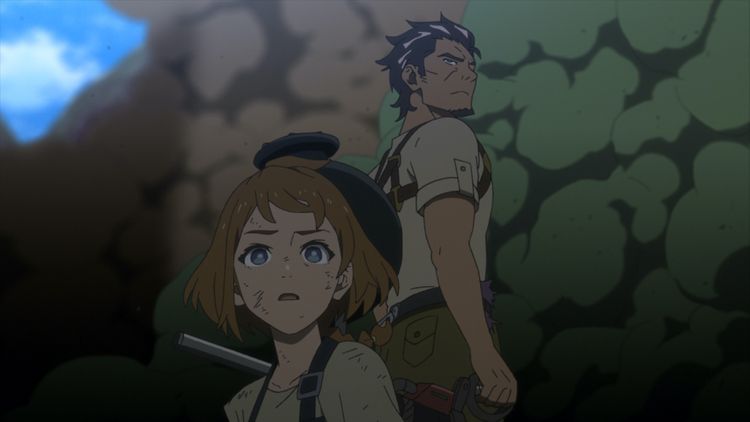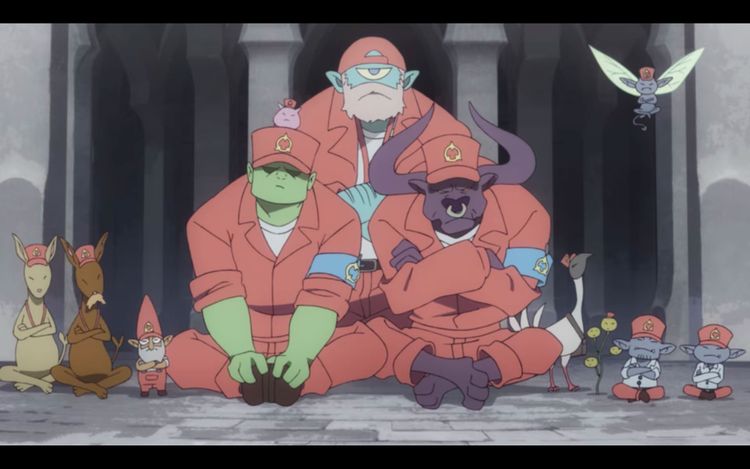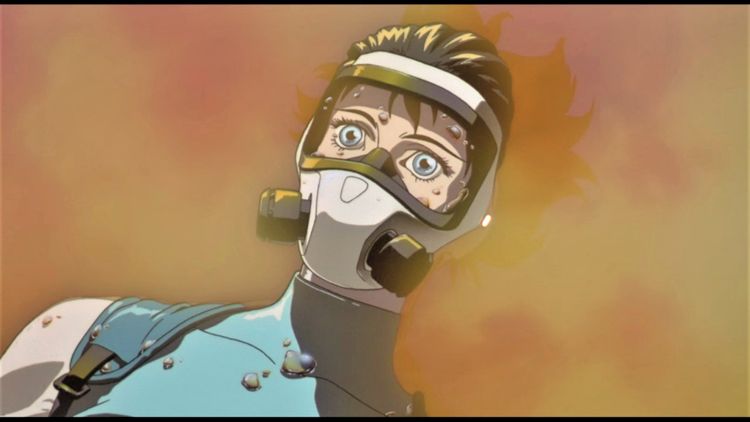A Future in Wallachia: Castlevania's Unexpected Hope
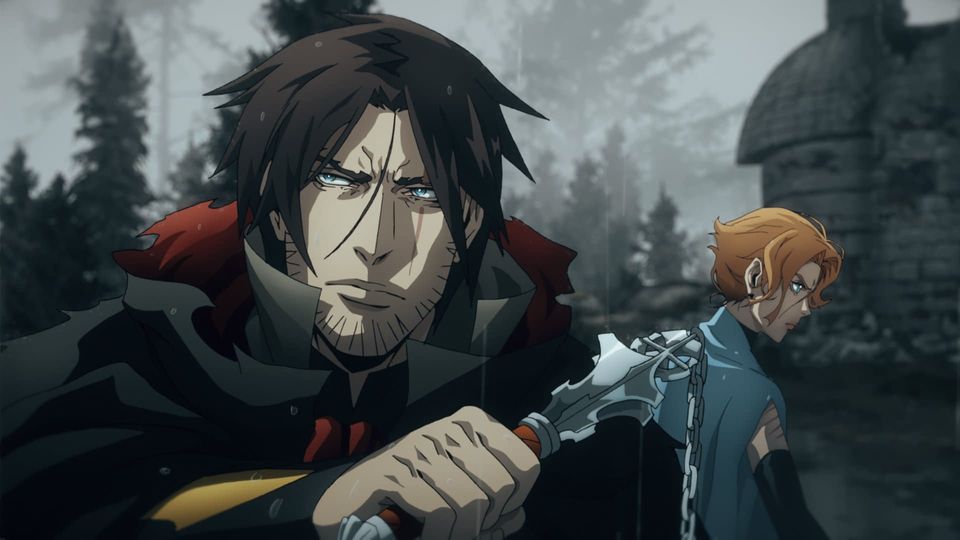
A terror-ridden Eastern Europe in the 15th century is exactly the last place I would choose to tell a hopeful story, but as Season 4 of Netflix's Castlevania neatly wraps up the adventures of Trevor Belmont and Sypha Belnades, one can't help but also yearn for better days coming.
I had never played the Castlevania games myself, so my first foray into the Netflix series several years ago was cautious. Although my gaming history would suggest an affinity towards dark fantasy, watching it often made me weary – after all, a series isn't beholden to rewarding its audience the same way an RPG, however gloomy, might respect a player's agency. In other words, there's only one ending to a series, but it's entirely out of my control and probably isn't set to make me feel happy.
Of course, that isn't to say that dread and loss are not good things to feel after experiencing art. But having lately become keenly aware of the horror that surrounds us I've come to prefer something other than the reminder of its permanence, especially after devoting dozens of hours watching others fight it in a fantasy world where literally anything is possible. After all, if our magic-wielding, demon-slaying, superhuman protagonists couldn't change the world, then what chance did we have, shepherded into our precarious complacence?

Last season ended with such a reminder of our helplessness as Alucard and the forgemaster Hector suffered betrayal within the span of a sex montage while Trevor and Sypha's hard-fought rescue of the village Lindenfeld rang hollow in the face of a disturbing discovery about the judge who had petitioned their help. Their dread follows us throughout a series of short scenes leading up to the present in the beginning of Season 4, where we witness Trevor and Sypha fight battle after battle against night creatures and cultists wearing the furrowed brows they wore leaving Lindenfeld.
The pair are exhausted, and, when clues about their recent encounters bring them to Targoviste, want nothing more than time to themselves so that they can choose what happens next, instead of having to react to everyone and everything around them. Across the continent, the vampire queens Morana and Striga, all but fed up with their colleague Carmilla's ambitions for war, express a similar sentiment as they imagine a life only looking after themselves instead of cleaning up Carmilla's messes. Meanwhile, the forgemaster Isaac, once a misanthrope who sought vengeance against humanity for his lord Dracula's death, has come to terms with his agency and finds new purpose protecting the futures of others, as Hector decides his only desire is time alone with his books and vampire lover Lenore.

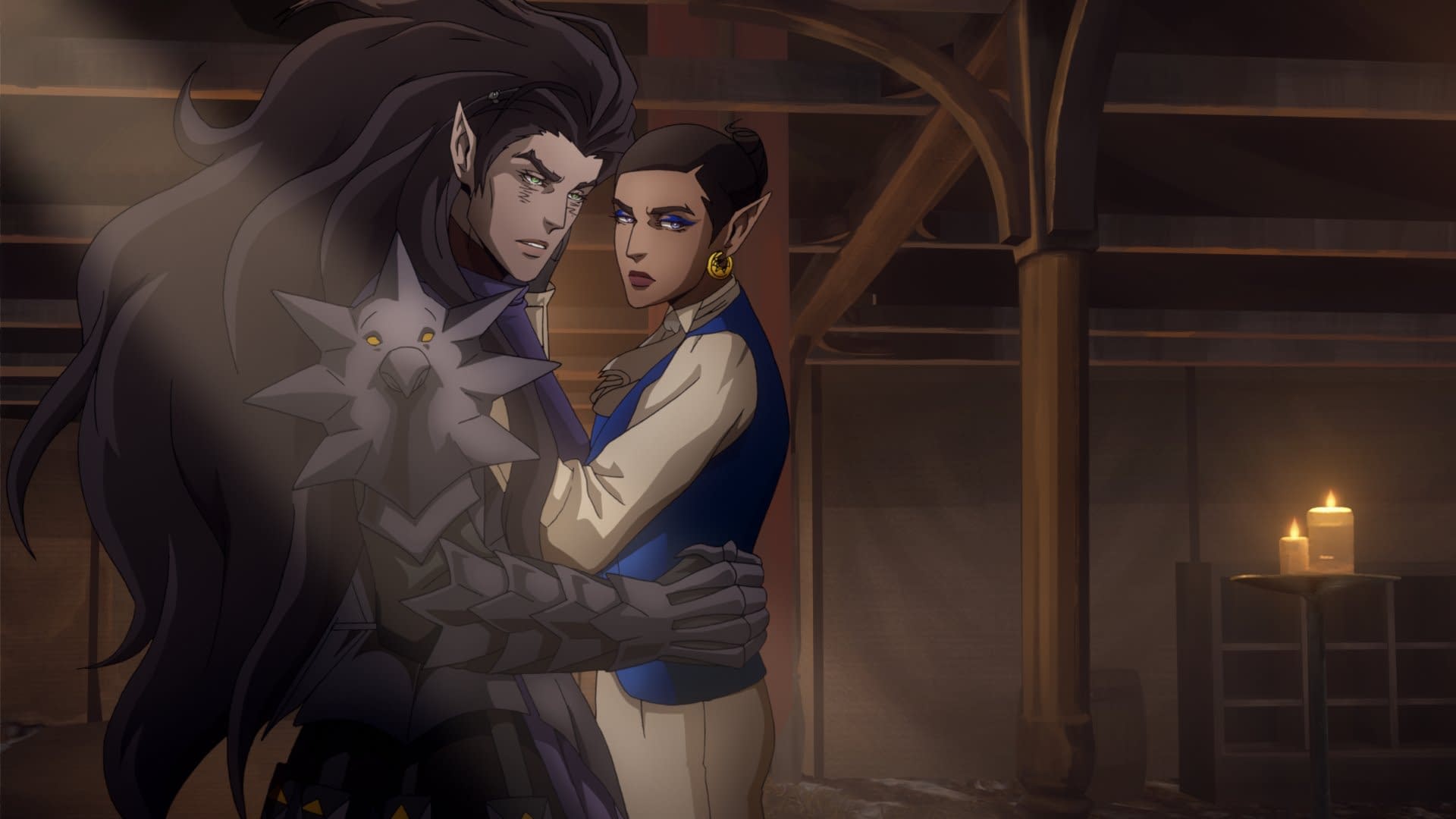
Everyone seems to know what they would rather be doing, which, in spite of the magic and demons, made this season especially relatable, considering that most of our world has spent the last year and a half surviving a pandemic while witnessing a staggering loss of life that could have been avoided if not for the greed of the few. We have constantly been reacting – to statistics and half-assed measures, to illness and job loss, to climate disaster and state-led massacre – and we have grown weary. It's no wonder, then, why we would feel hopeful watching others seize the opportunity to choose how they live their lives, which is exactly what this season lets us do as each character takes their first steps forward.
Perhaps if I were watching at another time in life, I'd be distracted by what seems like lapses in continuity between this season and last. For instance, how have Hector and Lenore come to tease each other so naturally after she tricked him into abandoning his will? How has Alucard gone from impaling the corpses of his first lovers to rescuing a village of humans, and confiding about his experience with betrayal? When did Isaac decide he liked helping humans? While these are just a few of the questions that had surfaced, I found that I wasn't bothered by them at all, chalking them up to the simple fact that time passes, and people change. After all, I've also changed over the past year and half, and if it were up to me, I'd be moving on with my life, too.




